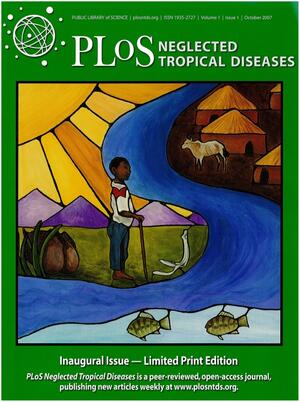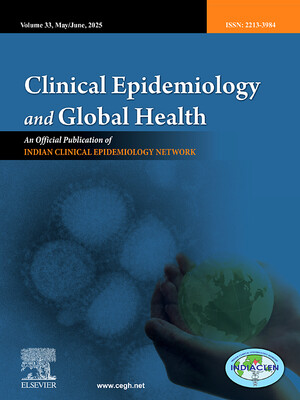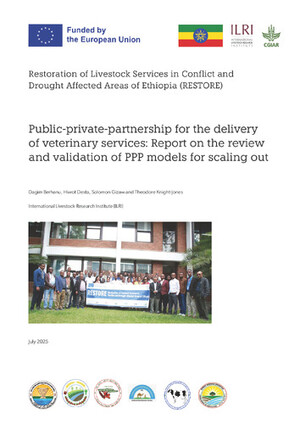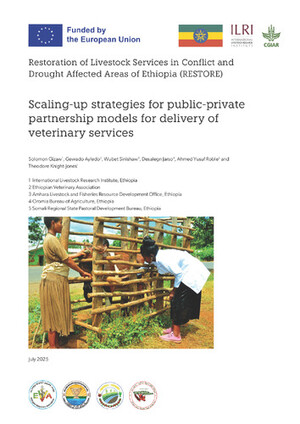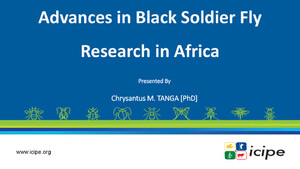
Risk factors of gastrointestinal nematode parasite infections in small ruminants kept in smallholder mixed farms in Kenya
Abstract
Helminth infections in small ruminants are serious problems in the developing world, particularly where nutrition and sanitation are poor. This study investigated the burden and risk factors of gastrointestinal nematode parasite infections in sheep and goats kept in smallholder mixed farms in the Kenyan Central Highlands. Three hundred and seven small ruminants were sampled from 66 smallholder mixed farms in agro-ecological zones 1 (humid) and 3 (semi-humid) in the Kenyan Central highlands. The farms were visited once a month for eight months during which a health and production survey questionnaire was administered. Fecal samples were collected at each visit from each animal. Fecal egg counts (FEC) were performed using the modified McMaster technique. Associations between potential risk factors and FEC were assessed using 3-level Poisson models fit in SAS using GLIMMIX macro. Correlations among repeated observations were adjusted for using three different correlation structures.
Citation
Odoi, A., Gathuma, J.M., Gachuiri, C.K. and Omore, A. 2007. Risk factors of gastrointestinal nematode parasite infections in small ruminants kept in smallholder mixed farms in Kenya. BMC Veterinary Research 3:6.





